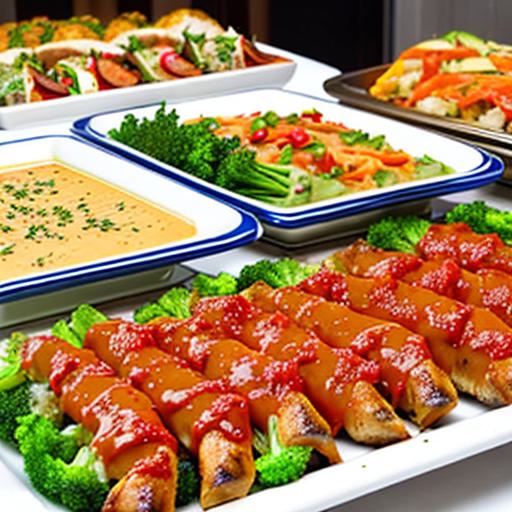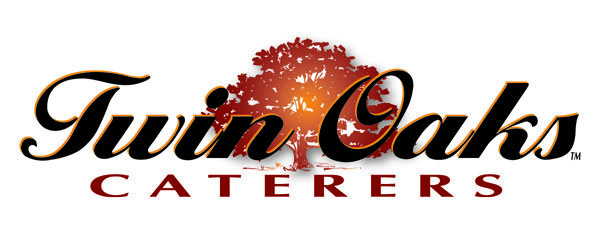It is always the dream of the host that every guest who attends the party has a positive experience. The only way for everyone to have something to eat is by creating a menu that accommodates the needs of guests with food allergies. Regardless of how big or small your event can be, there is always a likelihood of finding at least one person who has a food allergy, dietary requirement, or intolerance. Having a bit of catering experience ensures everything runs smoothly throughout the event. In this article, we will be sharing with you a few tips on how to cater a party for guests with allergies.
Ask your guests about their food allergies
You can ask your guests to list their food allergies through the mail, email, or an online form when sending out invitations. Once you know these food allergies in advance, you can work with caterers to find which food items will be acceptable for everyone. Not only does this ensure every guest has something to eat, but also reduces your spending on food items that no one may be willing to eat. You can also ask your guests to specify the severity of their allergies as it helps you adjust the quantities of ingredients used.

Accommodation of guests is important, pick the right caterer for your party!
- Work with your caterer to create an accommodative menu
Professional caters have years of experience in the food industry due to the large number of events they have catered to over time. They can offer a variety of food options based on the feedback you get from guests who disclosed information about the severity of their food allergies. It is essential to provide your caterer with as much information as possible about guests who have food allergies so that they can make the necessary accommodations on the menu. As long as you have a substantial meal on your menu that is safe for people with dietary requirements to eat, everything else will be considered a bonus.
- Make sure you label everything
People with food allergies will always be on the lookout for information about the ingredients and food options available for them to eat. Since they will be extra cautious, it is important to make their work easier by labeling everything. It is important to be as specific as possible on every food label as it influences the guest’s decision on whether they should settle on a particular food item on the menu. Include a note that indicates if a specific meal is vegan, gluten-free, nut-free, or dairy-free. It is also a good idea to provide warnings for meal options that were prepared near any of the above-mentioned allergens.
- If necessary, provide separate meals
Another ideal option how to accommodate guests with food allergies is to make a few adjustments to existing dishes. Since it can be quite difficult to make this happen in severe situations, you can have your caterer prepare multiple, or single, separate meals for guests with food allergies. Labeling the food items makes it easier for people to choose what best suits their dietary requirements without anyone missing out on their favorite food options.
- Avoid cross-contamination
Cross-contamination in catering means using cutting boards, serving dishes, and separate utensils for foods that contain allergens. People with severe food allergies may start experiencing the symptoms after eating foods that were cross-contaminated. It is also important to wash your hands thoroughly before and after handling food to ensure this doesn’t happen. Other ways to avoid cross-contamination are to cook the food to the correct internal temperature or refrigerate it promptly after cooking to kill or slow down the growth of bacteria.
- Don’t forget about the drinks
Although we are used to calling them food intolerances and allergies, it is essential to keep in mind that most dietary requirements can also extend to drinks. It would be a good idea for your caterer to provide alternatives such as egg-free cocktails and gluten-free beer. It is also a good idea to provide non-alcoholic cocktails and soft drinks for those guests who don’t drink. If possible, make sure you include a separate variety of soft drinks that have no added sugar.
Food allergies can create a serious health risk that’s why event planners need to understand the types of foods they will be serving on their menus. A good caterer can easily determine the source of allergy-causing food items based on information derived from guests who mentioned the type of food items they are allergic to. It is also important to be understanding of the different dietary needs of your guests and be willing to answer any questions they might have about the food ingredients indicated on the label.
